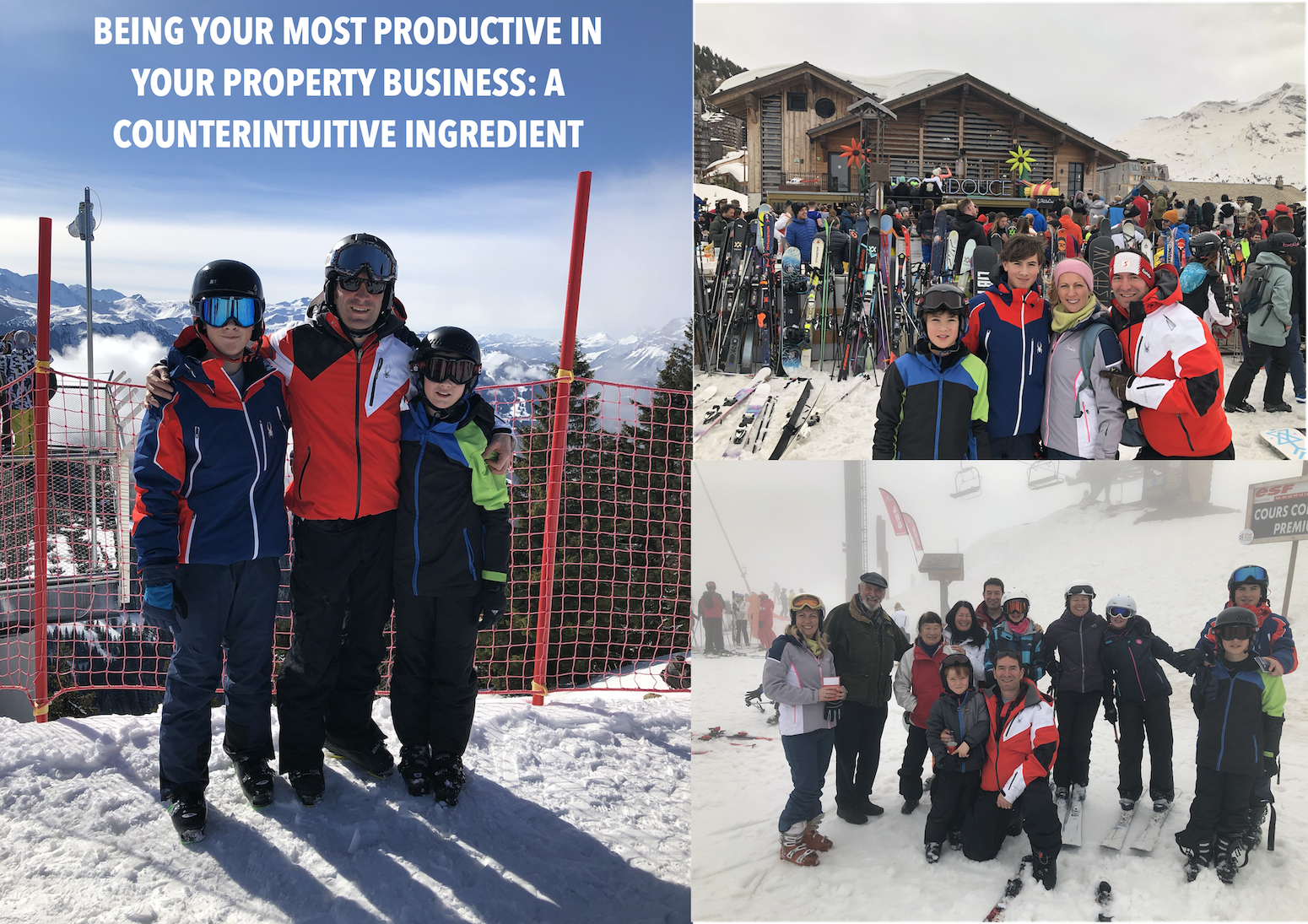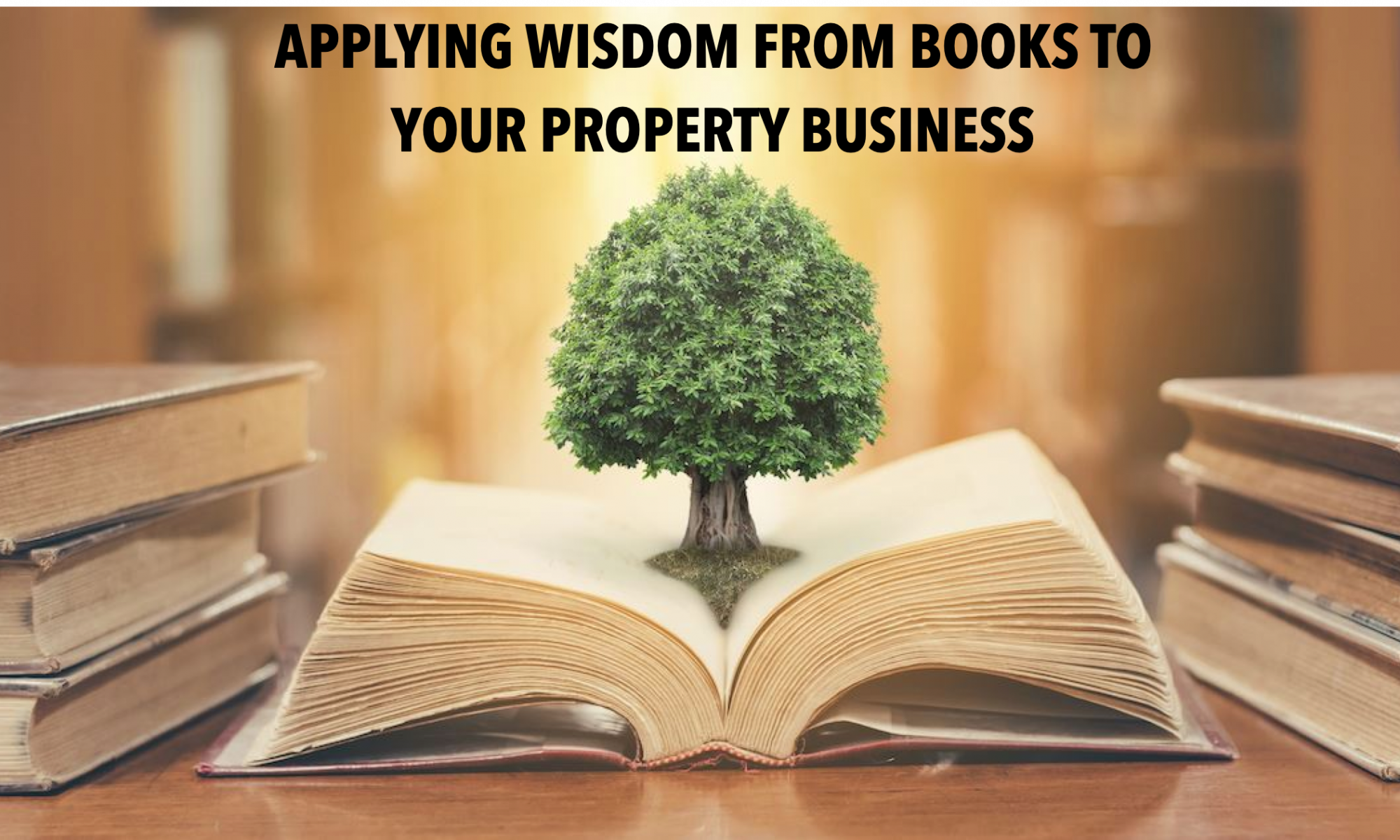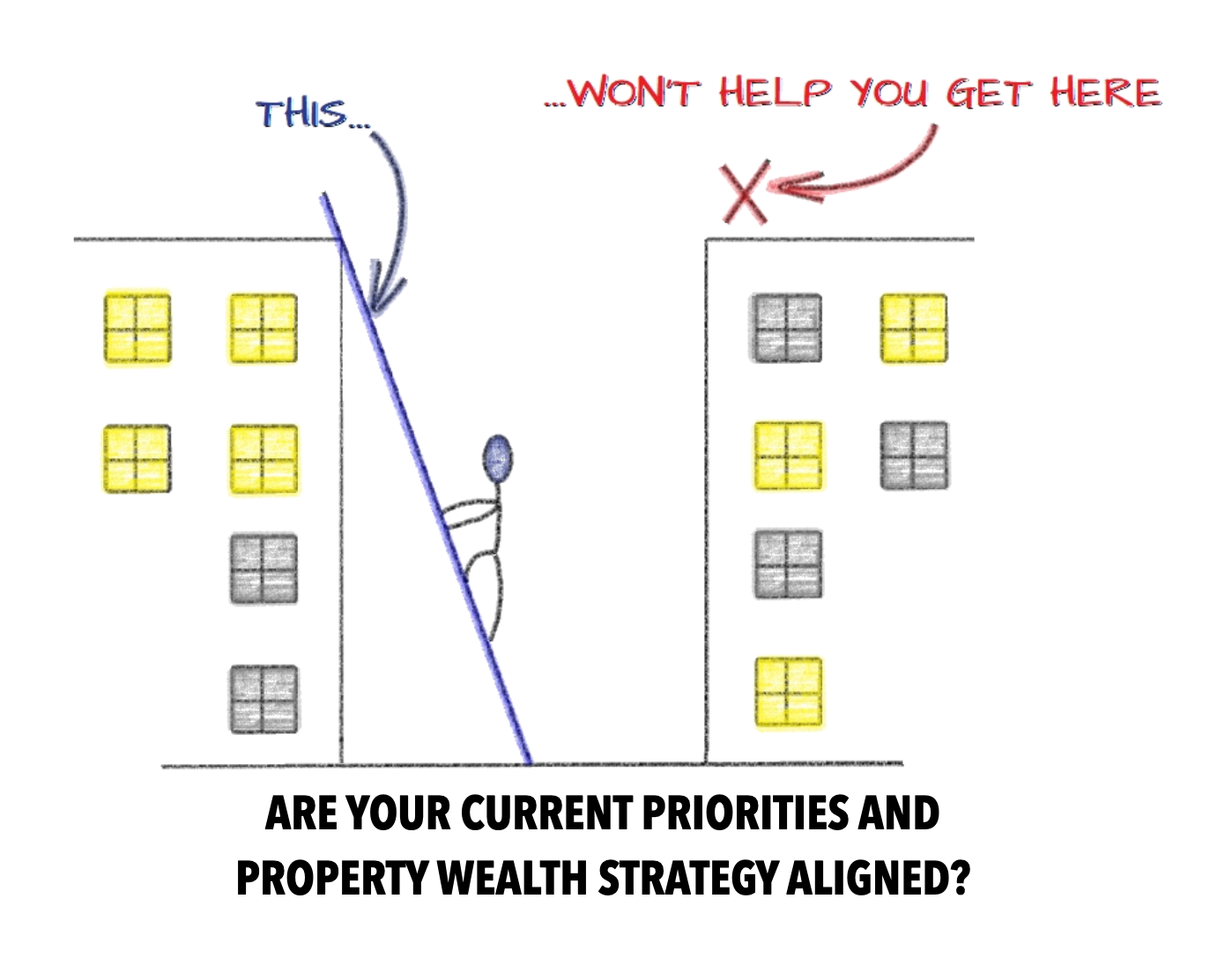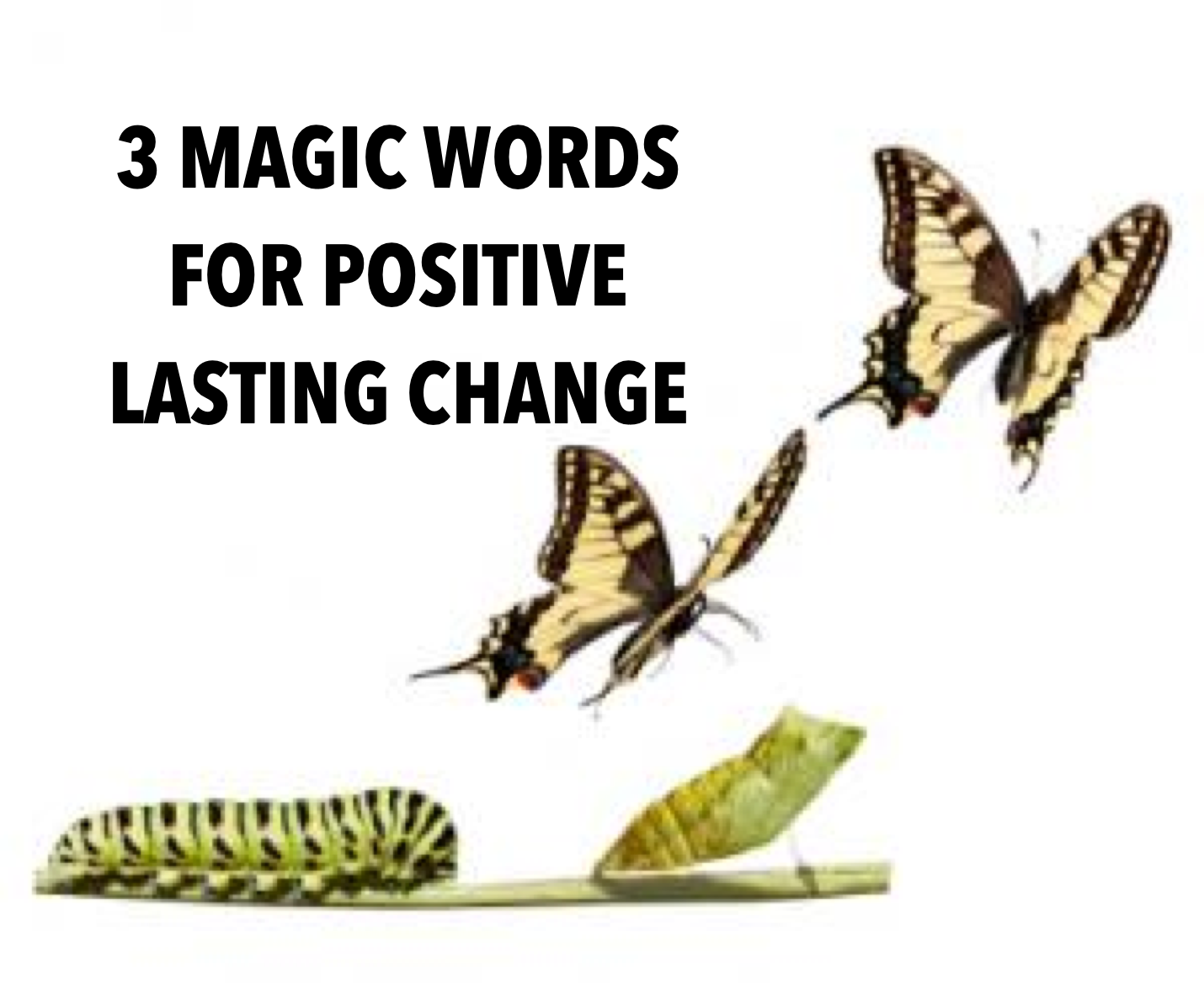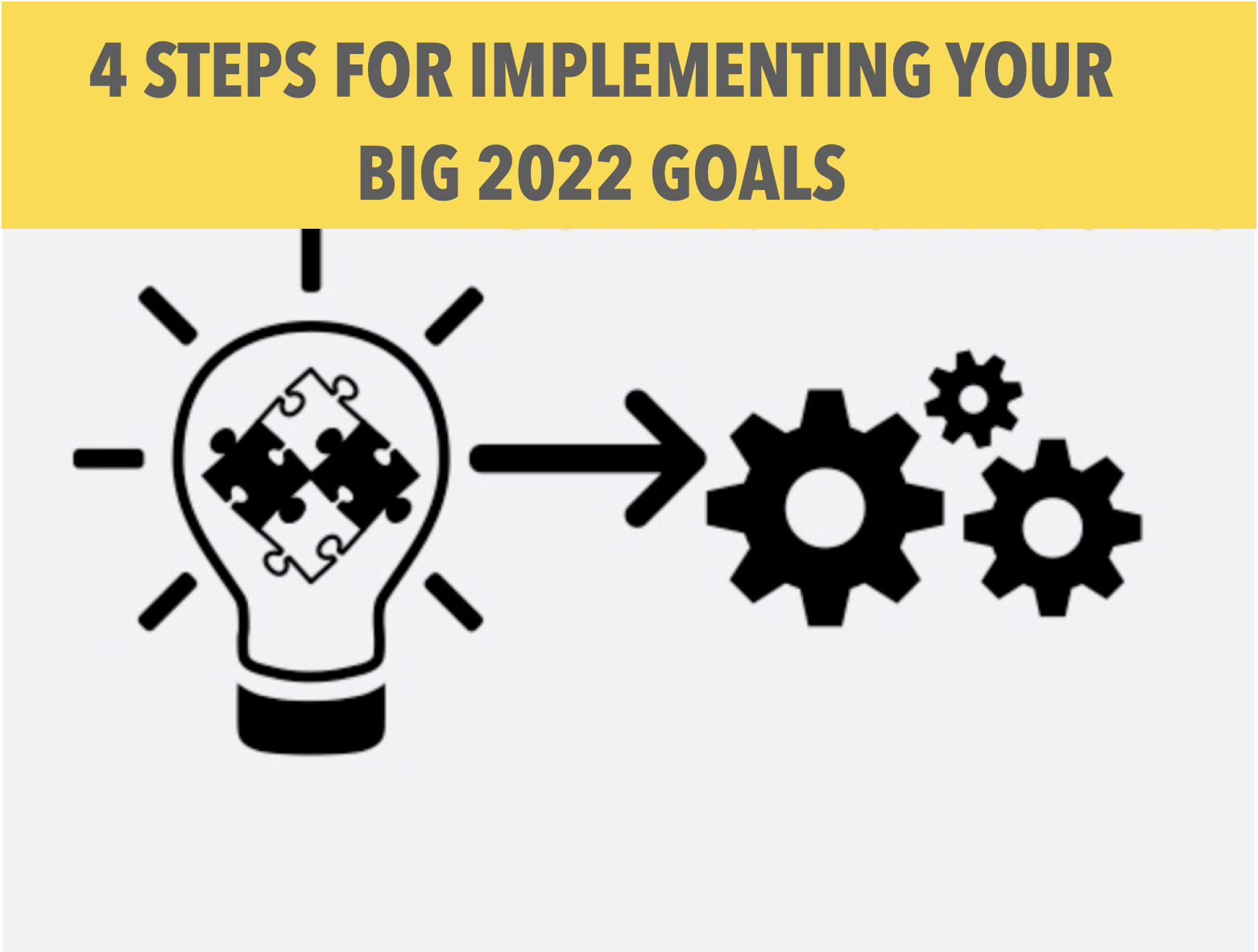Do you know one of the best ways to be your most productive in your property business? Do you work harder, faster…? It may sound counterintuitive at first but bear with me on this because I think you’ll like it.
In previous blogs I’ve shared the 4 pillars of productivity as they were taught to me: specificity, measurement, deadlines and accountability. [I’ll share the link to it at the bottom if you missed that post]. Just over a week ago I was massively leveraging a holiday departure deadline to crunch through a list before sinking in to a much deserved break.
Deadline hit and the holiday began, this is where the 5th pillar (or 5th key ingredient for productivity) comes in.
It’s one that’s often overlooked or not given enough attention. And here it is, the hidden fifth pillar of productivity is PLAY. What we mean by this is completely disconnecting from the busy world of your property business and letting your inner child just play. It’s crucial for your mental state, your family and your business to make time for this stuff. This is where you may need to challenge your current perspective on productivity to put a greater importance on scheduling time for play (whatever your version of play is).
I’ve played full out and been present spending quality time with my wife & kids, parents, siblings and some old friends for the entire 7 days. We’ve laughed, learned, discussed goals and dreams, danced, ate, drank, played games, and of course PLAYED on the snow. We’ve created rich and memorable experiences that are captured in our minds and in the pictures and videos we took. This in itself is crucial to invest time and money to do, as I wrote about in a post titled ‘THE 4 KEY THINGS SUCCESSFUL PEOPLE SPEND THEIR MONEY ON’ – no.4 being that they invest in memorable and inspiring experiences.
When I checked my screentime app on the phone I’d only clocked up 14 hours of screen time on my phone for the 7 days I was away and over 10 hours of that was used for taking and sharing photos (of us all having fun on the slopes) within our family whatsapp group. I had 1 business call with Chris (business partner) and reviewed/responded to emails for less than an hour across the entire week.
So what’s the benefit of all this and why is making time for play is so important for productivity?
- Disconnected time away from the business actually makes you hungry to get back into producing mode and working at being the highest leverage version of yourself in moving your business forward. I can honestly say I’m hungry to get back to business.
- Having let the proverbial ‘inner child’ out to play I can happily put the head down and focus on the hard work for another 90 day sprint without feeling frustrated or the higher risk of procrastination had I not taken time out.
- Changing up my environment and routine for a week has removed me from the day to day blinkers and made way for some creative thinking thanks to inspiring sights and new conversations- for example it’s reconnected me to a big goal Chris and I have to build a spectacular ski chalet where we can host mastermind retreats and gift holidays to causes that are close to our hearts – like families dealing with illnesses can come away to create wonderful memories.
- I’ve continued to feed the virtuous cycle – ie when we spend money on experiences for loved ones it not only creates wonderful memories but it inspires us at a different level to continue to produce results and create a life we are proud of for our family.
I’d encourage you all to be intentional about scheduling time for PLAY, even better, share with us what play you have planned.
Link to post on 4 pillars of productivity: http://adaeroproperty.com/week-11-leveraging-the-power-of-deadlines-and-the-3-other-pillars-of-productivity/
Link to post on the 4 non-negotiables:

